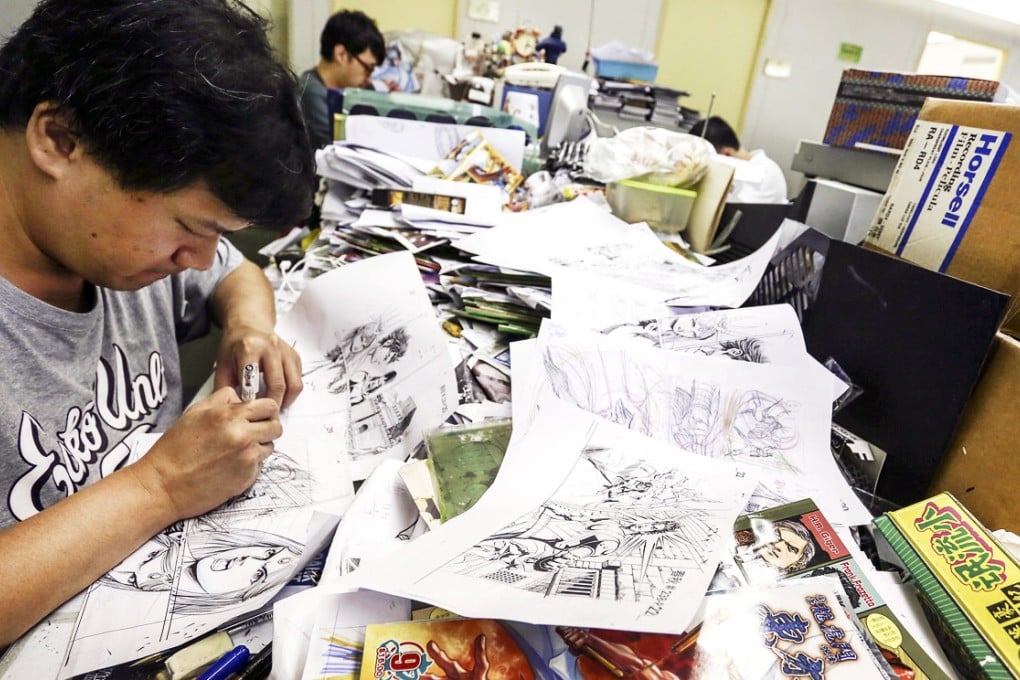Hong Kong comic book industry struggles against rising tide of digital piracy
Comic book artists and publishers are struggling against a rising tide of digital piracy that threatens to put them out of business, writes Alan Yu

Chiu Yuen-wing is a long-time follower of Japanese manga, particularly Naruto, an enduring saga featuring ninjas with superpowers. Like thousands of fans, the 20-year-old student queued up to check out the latest releases presented at Ani-com, the recently concluded comics, animation and gaming extravaganza in Hong Kong.
But while the annual Ani-com convention still attracts crowds of about 700,000, Hongkongers such as Chiu just aren't reading comics the way they used to.
"At first I would still buy individual copies, but now they're too expensive," he says. "They cost HK$35 per issue, and I can't afford that."
Instead, Chiu and other comics lovers are getting much of their fix in digital form through apps and websites that deliver material - usually scanned from the original - for free.
The stream of free content has been devastating for local comic book publishers, particularly those reprinting Japanese manga, although some independent comic artists have managed to thrive.
"In the heyday for comics during the '90s, we could sell more than 200,000 copies of a single issue. Now even the most popular comics don't sell more than 20,000 copies; that's how staggering the drop is," says Thomas Tang Wing-hung, director of the Hong Kong Comics and Animation Federation. "For a new title from Japan, sales can be fewer than 1,000 copies."
Now even the most popular comics don't sell more than 20,000 copies